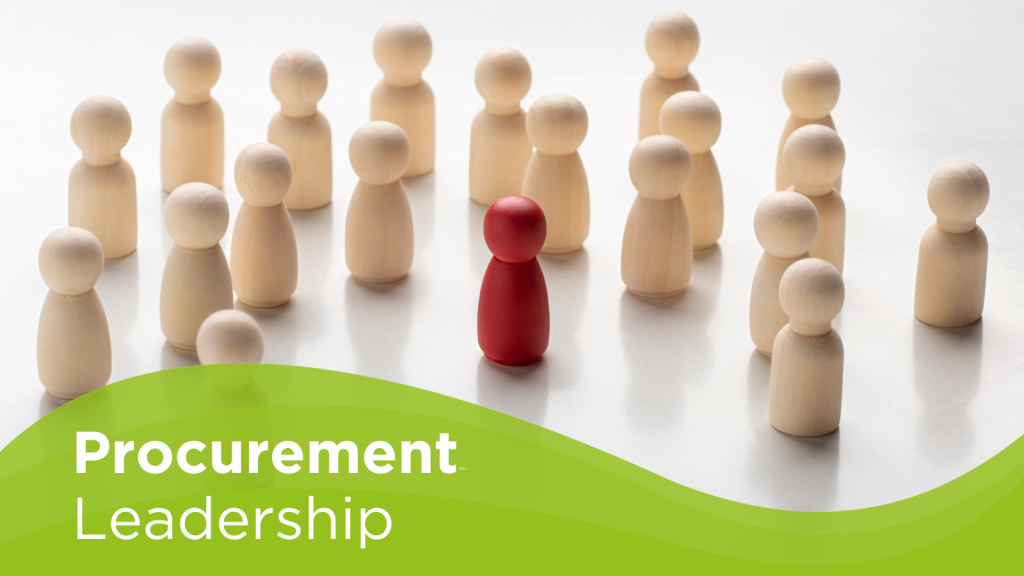In procurement, contracts are often seen as administrative necessities—legal documents that keep parties aligned. Yet effective contract management is far more than paperwork. It is a strategic function that ensures performance, mitigates risk, and unlocks value throughout the supply chain.
This was the central theme of a recent lecture on contract management, where the speaker emphasized that the true power of contracts lies not in their creation, but in how they are managed across their lifecycle.
Why Contract Management Matters
PrContracts are the backbone of procurement relationships. They define obligations, allocate risk, and establish accountability. But as the lecturer pointed out:
“A contract is only as good as its management.”
Too often, organizations put significant effort into negotiating deals, only to lose value during execution because obligations are not monitored or performance isn’t measured. Effective contract management ensures that negotiated value is not only captured but sustained.
From Compliance to Collaboration
Historically, contract management has been compliance-driven—checking boxes to ensure suppliers meet the terms. While compliance is vital, modern contract management requires a broader lens.
The lecture stressed the importance of collaboration. Suppliers are no longer just vendors; they are partners. By treating contracts as living documents rather than static agreements, organizations can adapt to change, align on shared goals, and build trust that fuels innovation.
Risk Management at the Core
Data is also transforming supplier management. Performance monitoring used to be based on periodic reviews. Today, continuous data Contracts also play a critical role in managing risk. Global supply chains face volatility from economic shifts, geopolitical instability, and sustainability demands. The lecturer noted:
“Risk cannot be eliminated, but it can be shared, allocated, and managed.”
Well-structured contracts clearly assign responsibility and create mechanisms to respond to disruption. This makes them powerful tools not just for governance, but for resilience.
The Role of Technology
The digital transformation of procurement is reshaping contract management. Contract lifecycle management (CLM) systems automate workflows, improve visibility, and enable data-driven insights.
With technology, procurement professionals can track obligations, flag risks, and measure supplier performance in real-time. This turns contract management from a reactive task into a proactive, strategic function.
Building Strategic Value
The ultimate takeaway is that contracts should not be viewed as the end of a negotiation, but as the beginning of value creation.
By combining strong governance with collaboration and technology, procurement leaders can transform contracts into assets that:
- Improve supplier performance.
- Strengthen compliance and risk resilience.
- Drive innovation and sustainability.
- Support strategic business goals.
Closing Thoughts
Contract management is no longer an administrative afterthought. It is a discipline that blends legal rigor, operational oversight, and strategic foresight.
For procurement professionals, the challenge is clear: move beyond compliance, embrace collaboration, and leverage technology to unlock the full potential of contracts.
As the lecturer put it best:
“Contract management is not about documents—it’s about delivering outcomes.”











